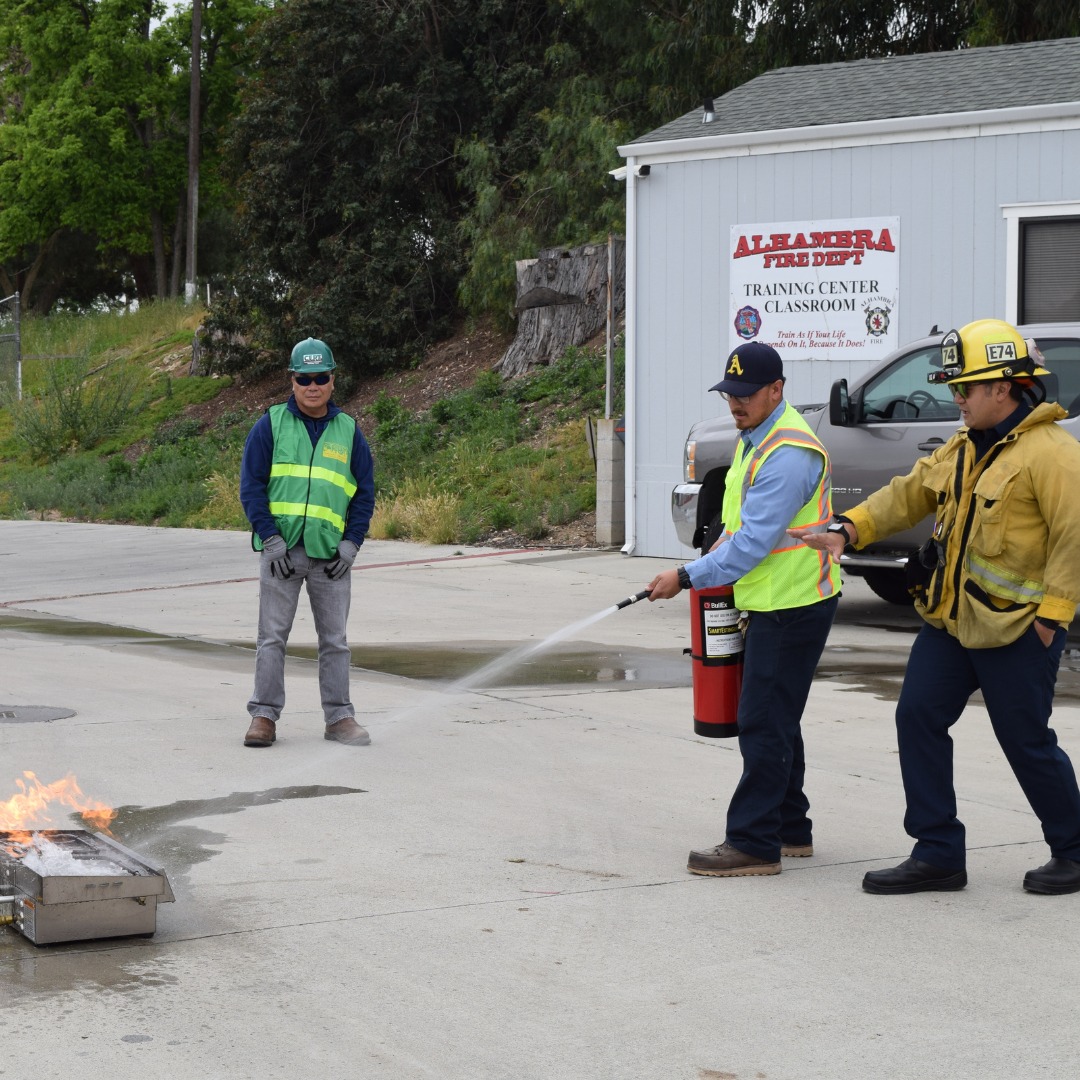The Pasadena Public Health Department encouraged residents to avoid coyote conflicts by taking precautions and practicing “hazing,” especially during the late summer and early fall when the chances of coyotes interacting with humans and domestic animals increase, officials announced Thursday.
Coyote hazing is an effective method for maintaining the animals’ fear of humans and involves using deterrents to move them out of an area or discourage coyote behaviors, according to the Public Health Department. Multiple residents in neighborhoods who “establish a consistent culture of hazing” are likely to be more successful in keeping coyotes at a distance.
“We all have a role to play in maintaining coyote’s fear of humans and hazing is the most important action we can take to safely coexist with coyotes,” Acting Director of Public Health Manuel Carmona said in a statement.
Coyotes roam through the city’s neighborhoods and live among local natural resources, homes and businesses.
Adolescent coyotes leave their dens late summer or at the start of fall, due to pack leaders forcing adolescent coyotes out of their packs. As they begin searching for their own territory or a new pack to join, the possibility of coyote activity in Pasadena neighborhoods increases.
“Coyotes are naturally fearful of people and typically go out of their way to avoid human interaction,” Carmona said. “When coyotes are comfortable around humans, it is a strong sign that someone nearby is intentionally or inadvertently feeding them.”
The health department offered these hazing tips when encountering a coyote:
- “Make yourself appear large, stand your ground, and force the coyote to leave; never turn your back or run away from a coyote but ensure they are not cornered and always have an exit route.
- “Maintain eye contact and make the coyote feel uncomfortable.
- “Pick up small pets and young children off the ground, and stand your ground while facing the coyote.
- “Be aggressive by making loud noises such as yelling, using an air horn or other noisemaker, clapping, or banging a pot and pan.
- “Shine bright lights, spray water, open and close an umbrella, or throw tennis balls in the direction of the coyote.”
Lauren Hamlett, director of wildlife education and services at Pasadena Humane, emphasized the importance of establishing a local hazing culture that is “bold and consistent … to prepare for the possibility of encountering coyotes when walking pets,” she said in a statement. “This includes always staying present and aware, leashing pets, and never placing pets in situations where they are vulnerable to wildlife interactions.”
Pet owners should take these precautions, officials said:
- Walk pets on a 6-foot or shorter fixed-length leash — retractable leashes do not provide adequate control over pets and should not be used;
- In spring and summer months, be on the watch for coyotes and avoid areas they are known to frequent, which may indicate a the site of a den;
- Keep cats inside or use an enclosed outdoor patio space to help protect them;
- Supervise dogs outdoors or keep them in enclosed spaces;
- Remove all things that attractant wildlife from your property, such as outside pet food, unsecured trash, messy bird feeders and fallen fruit; and
- Report intentional, unlawful feeding of wildlife to Pasadena Humane, 626-792-7151 ext. 970.
The city maintains a website to track reports of coyote sightings or concerns. The City Service Center also takes coyote reports at 626-744-7311.
“The Pasadena Public Health Department will evaluate data to identify trends in reporting, which may indicate coyote hotspots,” according to the agency.
Additional information on coexisting with coyotes is at pasadenahumane.org/services/wildlife/living-with-coyotes.







